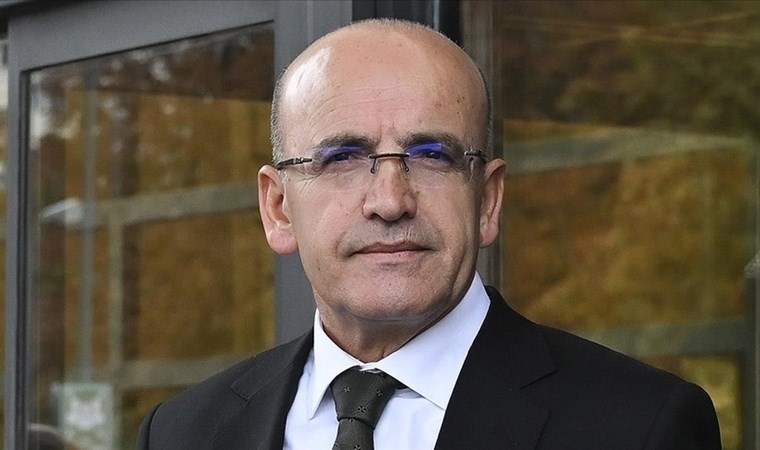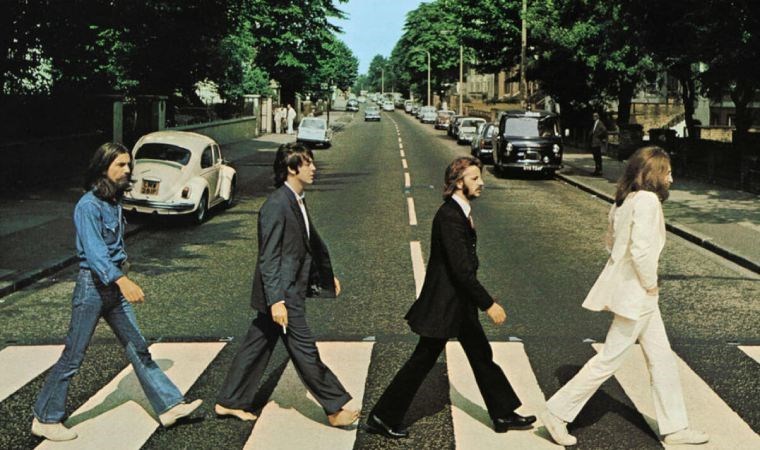Letters to those on the inside... ‘Authority has been unable to tie your tongues’
Gündüz Vassaf has written to our remanded columnists and managers.

There are sites devoted to writing letters to people inside. It is a sensitive issue. You are going to raise their spirits rather than lower them, and refrain from tiring and boring them with commonplace sentiments. In letters that will be stamped ‘Inspected!’, you are going to make concessions towards censorship, anxious to protect yourself and them. I am a Cumhuriyet reader and have, from time to time, been its guest writer.
Zekeriya Sertel, the founding partner who along with Yunus Nadi brought out the first edition of the paper, is my uncle. I am a member of a family whose inception coincided with that of the Republic and that has aroused the love, anger and empathy of millions. Even so, I have not managed to get round to writing to you. However sensitive you are, you are on the outside. You cannot persuade yourself and those inside to forget that you are on the outside and are speaking from outside. This ‘privileged’ position of mine lead me into an encounter with a book at the airport. So, the letter I have somehow been unable to pen has turned into a review of the book The Noise of Time based on the life of one of the twentieth century’s leading composers, Shostakovich.
As your rights have been usurped in prison, even books may be forbidden. My letter is to you, and those in the same position as you.The Soviet Union was one of the two most powerful countries in the world, with its regime of its own fashioning, army and Single Man. There was neither hunger nor unemployment once the deadly business of consolidating the revolution was over. Schools and hospitals were free. Outer space was next door. We know about all this. Things change when seen through individual lives. Julian Barnes’ book focuses on our soul, which totalitarian regimes cannot make subservient. Taking Shostakovich as an example and overshadowed by the exemplary treatment meted out even to those who believed in their leaders, the book tells a tale in which we can recognise ourselves and the immorality we are mired in today.
Darling of the regime, Shostakovich, sums up his life at the time of Stalin as follows: ‘Heroism in the face of the regime was an instantaneous matter. As to the cowardice that had to be steadfastly pursued, this was very hard. It was an effort that exhausted a person every day. Since I lived through the nightmare of cowardice every day, I admired those who died for freeing themselves from it.’ The most extreme resort of an individual’s conscience to the immorality that follows on from the bowing of our heads, too afraid to voice our complaints under totalitarian regimes, is suicide. Shostakovich could not commit suicide. He knew that the regime would steal his story and write its own fairy tale. As long as you could protect yourself, you could also protect those you loved. And, given there is nothing in the world you will not do to protest them, and the same thing also applies to yourself, it is impossible for you to escape immorality. Since Shostakovich committed suicide in moral terms every day, what significance could destroying his body have? In Turkey, we do not know what dictatorship is. Those who say, ‘You are a dictator’ do not know, nor do those who say the opposite. Realisation of it comes, not through the law, but experience. If we love and trust our leader, fear that we cannot manage without him and if we know that he is ready to put down his life for our struggle, why not usher in the laws that will enhance his power that he believes to be correct? The laws of the empire of fear are unwritten. ‘The concert is free, comrade. We await you. It would be so good if you came. Of course, it is not compulsory. It is up to you. We want to see your face.’ Stalin enters the opera auditorium. He receives a standing ovation. This an ovation that knows no end. Everybody is afraid of one another and anxious not be the first one to stop applauding. Stalin raises his hand. The applause dies abruptly away. Anna Akhmatova – the poet – comes onstage.
She receives a standing ovation. At this, Stalin asks, ‘Who arranged for you to give a standing ovation?’ A new wave of detentions follows. The Writers’ Union. The Union of Engineers. The Postal Workers Club. Not even their close relatives know who will be detained, why and when. This is how it always is. With the leaders’ darlings destined to fall from favour, there are new ones waiting in the queue to kiss his hand. They wear like a halo on their heads the stupefaction born of the unwillingness to realise that they are transient and are signing their own death warrants the closer they become to the leader.
In the end, those in power begin to fear one another. Shostakovich was different. He realised that the point was not faithfulness to the regime, but being liked or disliked by a leader whose criteria he could not fathom. He says, ‘There are three ways of murdering our soul: What others do to us, what we are persuaded by others to convince ourselves of and what we do to ourselves.’ Shostakovich, who maintained his fame over the Stalin period and whose musical achievements were appreciated by the world, is a commonplace example of how an individual’s immorality under a totalitarian regime did not affect his art. Shakespeare was not of the same opinion. From his sonnet number 66: ‘And art made tongue-tied by authority.’ Cumhuriyet may be behind bars. The wish may be to silence it. I see no signs of its tongue having been tied. I thank you all.

En Çok Okunan Haberler
-
 ‘Yok artık öyle beleşten hayat’ dedi: Mirasını açıkladı!
‘Yok artık öyle beleşten hayat’ dedi: Mirasını açıkladı!
-
 Depremden bir saat önce '6-7.2 arası' diyerek uyarmıştı
Depremden bir saat önce '6-7.2 arası' diyerek uyarmıştı
-
 'Yarı finale çıkma şansları yok'
'Yarı finale çıkma şansları yok'
-
 'Yüzbinlerce kişi tespit ettik'
'Yüzbinlerce kişi tespit ettik'
-
 Erdoğan ‘Kent Lokantası’na inanmadı
Erdoğan ‘Kent Lokantası’na inanmadı
-
 Cinsel açıdan en uyumlu 4 burç
Cinsel açıdan en uyumlu 4 burç
-
 Saldırı sonrası İran'dan ilk açıklama
Saldırı sonrası İran'dan ilk açıklama
-
 AFAD: 231 ihbar geldi
AFAD: 231 ihbar geldi
-
 CHP'nin yeni grup başkanvekili belli oldu!
CHP'nin yeni grup başkanvekili belli oldu!
-
 ‘Artık şatafata son!’
‘Artık şatafata son!’
















